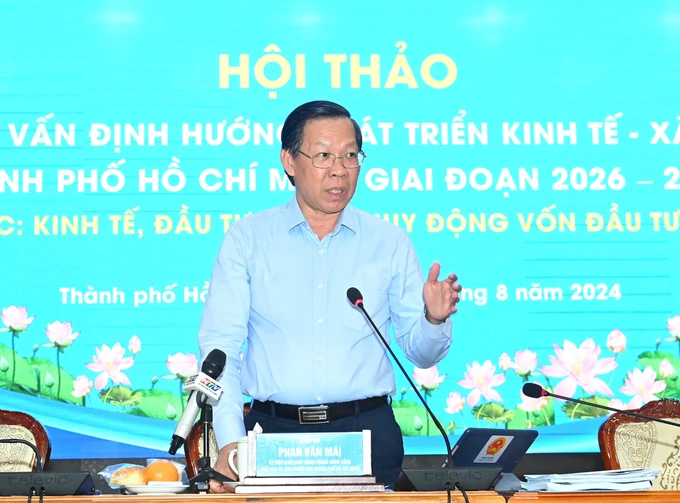 |
| Comrade Phan Van Mai, Member of the Party Central Committee, Chairman of Ho Chi Minh City People's Committee spoke at the Workshop (photo: Viet Dung). |
On August 24, the People's Committee of Ho Chi Minh City held a workshop to consult on the orientation of Ho Chi Minh City's socio -economic development in the period of 2026 - 2030. Comrade Phan Van Mai, member of the Party Central Committee, Chairman of the People's Committee of Ho Chi Minh City chaired the workshop.
Speaking at the opening of the workshop, Chairman of Ho Chi Minh City People's Committee Phan Van Mai said: The workshop aims to listen to experts' opinions to contribute to the city's socio-economic documents submitted to the 12th City Congress.
Chairman of the Ho Chi Minh City People's Committee Phan Van Mai cited the opinions of many organizations, experts and information, Vietnam has 10 more years to decide whether it can overcome the middle-income trap or not. Therefore, the City needs to plan orientations, tasks and solutions on socio-economic issues until 2030. He hopes that delegates will contribute ideas and suggestions on solutions to complete the goals of the term, as well as remove strategic and fundamental bottlenecks, focusing on removing them for development in the next term, while contributing to the whole country overcoming the middle-income trap.
The workshop was divided into groups to discuss each field and topic: economy, public investment, mobilizing social investment capital; perfecting institutions and apparatus; new growth drivers; planning, urban development, infrastructure; culture, society, human resource development.
Nguyen Khac Hoang, Director of the Ho Chi Minh City Statistics Office, said that to overcome the middle-income trap, labor productivity must be increased. However, in recent years, labor productivity in Ho Chi Minh City has decreased, lower than the national level and is at a saturation level. Without strong enough motivation, productivity cannot be increased.
The Director of the General Statistics Office suggested that the City should soon restructure export processing zones and industrial parks, call on leading enterprises, and re-evaluate key industries. At the same time, priority should be given to key industries with room for growth such as trade, logistics, cultural industry, financial centers, tourism, healthcare, andeducation .
Dr. Tran Du Lich said that to achieve the development goals in the coming period, Ho Chi Minh City needs to take advantage of political stability and the 4.0 industrial revolution. In the next 5 years, Dr. Tran Du Lich said that the issue that the City needs to focus on is urban development and renovation. Specifically, Ho Chi Minh City needs to focus on handling all houses on and along canals, renovating residential areas in deep alleys that lack safety and living space; at the same time, it needs a specific mechanism to accelerate urban infrastructure investment; perfecting management institutions towards an effective and efficient urban government model... According to Dr. Tran Du Lich, to achieve the growth target by 2030, with a vision to 2045, it is necessary to innovate thinking, solve the opposite problem with a different mechanism, a different way of doing things.
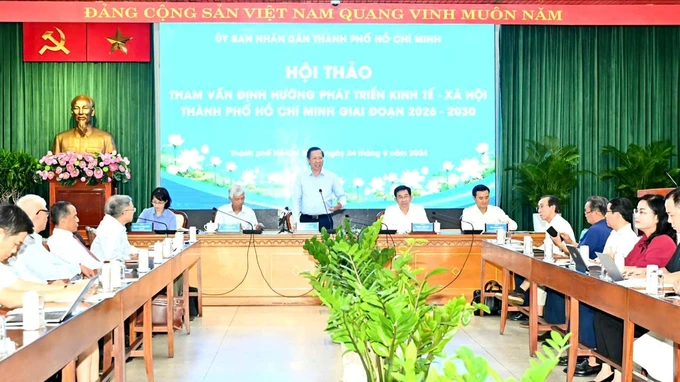 |
| At the workshop, many opinions of delegates were shared, contributing to planning orientations, tasks and solutions for the city's socio-economic development in the coming time (photo: Viet Dung) |
Sharing at the workshop, Dr. Vu Thanh Tu Anh, Director of the School of Public Policy and Management, Fulbright University Vietnam, stated that in the next 5-10 years, AI will change the face of cities, so Ho Chi Minh City needs to have a coherent AI strategy. In addition, there should be a corporate diplomacy strategy to attract large corporations and focus on promoting the role of private investment.
According to Dr. Vu Thanh Tu Anh, Ho Chi Minh City's growth model no longer has much momentum and has reached the threshold of development. Therefore, the City should not only focus on the economic growth model but also include other environmental and social indicators. In particular, it is necessary to remove institutional bottlenecks and try to solve the reverse problem according to the goals of Resolution 31. Specifically, it is necessary to identify important development drivers, thereby solving the reverse problem to see what institutional changes need to be made, and freeing up implementation conditions so that when implemented, it will create initiative in implementation.
At the workshop, Associate Professor, Dr. Tran Hoang Ngan, Assistant Secretary of the Ho Chi Minh City Party Committee, emphasized that the most important thing for Ho Chi Minh City to develop in the coming time is to have an outstanding, public, and transparent institution. Specifically, Associate Professor Tran Hoang Ngan hopes to soon have a Special Urban Law.
On the local side, Ho Chi Minh City needs to focus on developing infrastructure, human resources, and supporting business development. In particular, it needs to take advantage of Resolution 98 of the National Assembly and have a mechanism to support businesses, promoting the role of state-owned enterprises leading the market.
Concluding the workshop, Chairman of Ho Chi Minh City People's Committee Phan Van Mai shared that Ho Chi Minh City continues to listen and consult experts to build the best documents, setting challenging enough goals for the City to pioneer, contributing to the whole country overcoming the middle-income trap. He also requested departments, units, experts and scientists to continue researching and perfecting socio-economic documents, in the spirit that each sentence in the document must be a task and guaranteed by implementation conditions for the highest feasibility.
Comrade Phan Van Mai affirmed that in the period of 2025 - 2030, Ho Chi Minh City will persist with a socio-economic growth rate of about 9%. To achieve that, the City must carry out a series of tasks and works. To do so, there must be a suitable institution and policy mechanism to attract investment, improve the capacity to absorb investment capital through strong reforms of the apparatus and staff.
At the same time, it is necessary to restructure the city's economy towards high technology, modern services, and high added value; it is necessary to select key and specific contents to focus on and have breakthrough, synchronous, and specific solutions. Although there are still many difficulties and challenges in the immediate future, he believes that Ho Chi Minh City has enough conditions to achieve the set goals.
Source: https://dangcongsan.vn/kinh-te/tai-co-cau-nen-kinh-te-tp-ho-chi-minh-theo-huong-cong-nghe-cao-dich-vu-hien-dai-675850.html








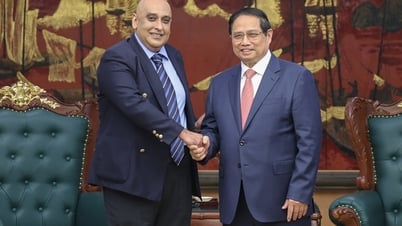

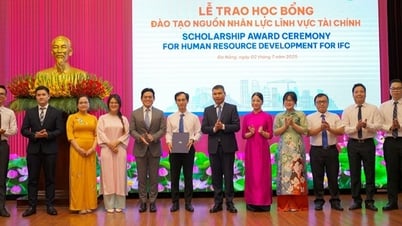
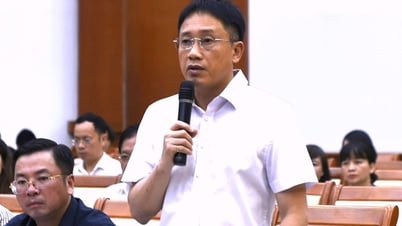

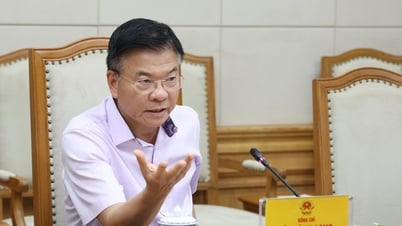
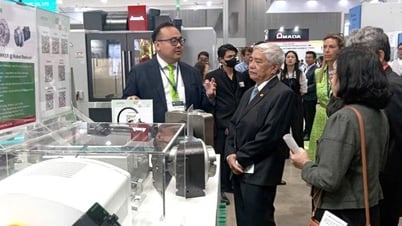





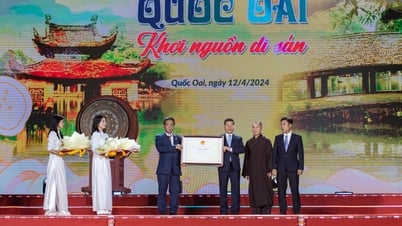

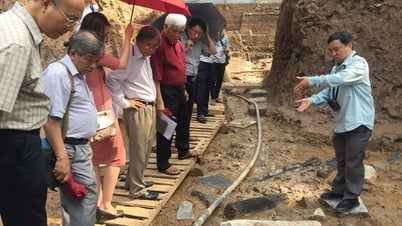

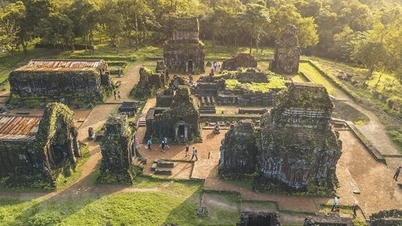

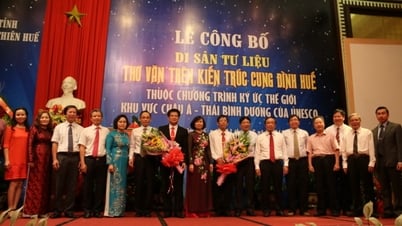

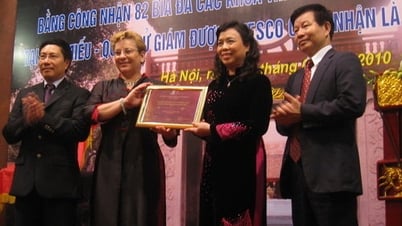

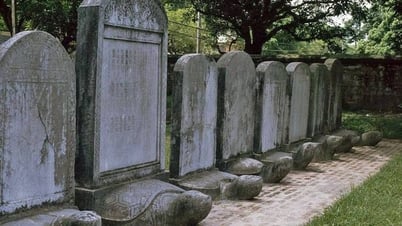

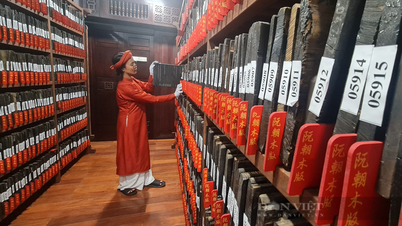









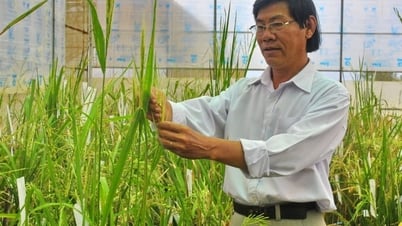
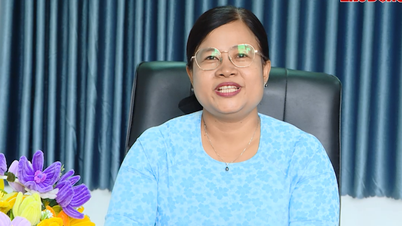
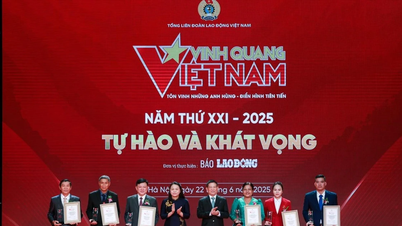



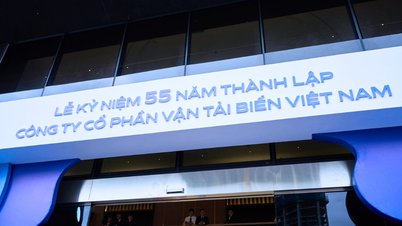

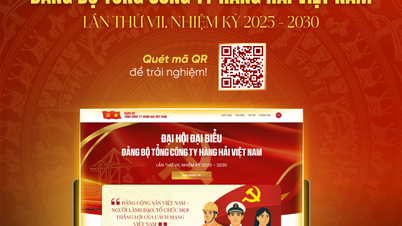

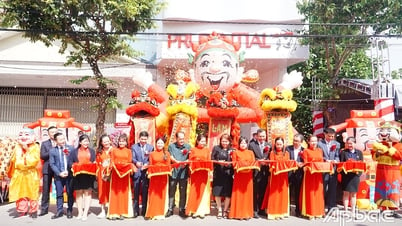

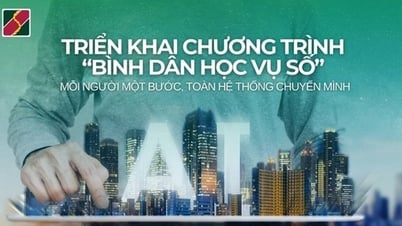

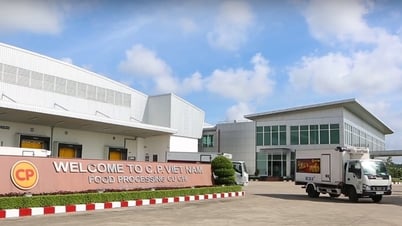


![[Photo] General Secretary To Lam attends the launch of 3 digital platforms serving the implementation of Resolution No. 57-NQ/TW](https://vphoto.vietnam.vn/thumb/402x226/vietnam/resource/IMAGE/2025/7/2/d7fb7a42b2c74ffbb1da1124c24d41d3)


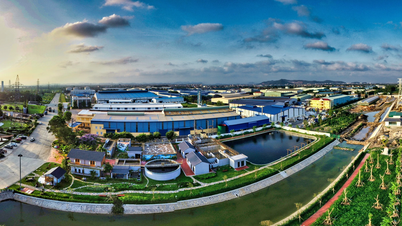

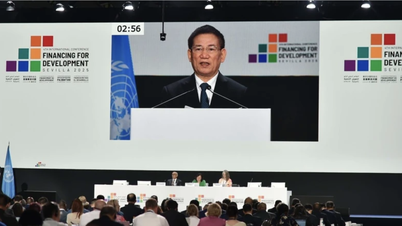

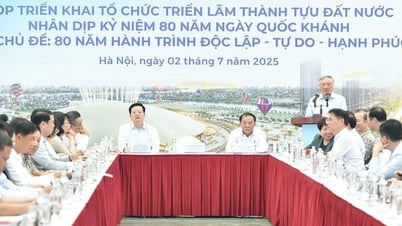
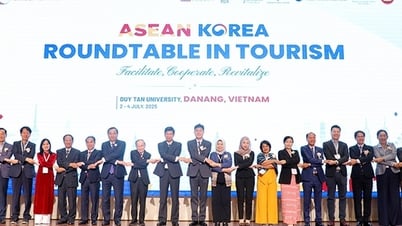

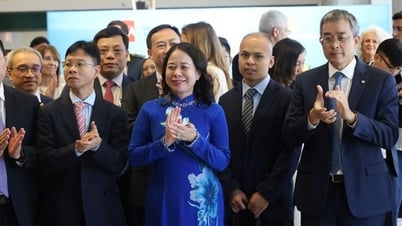


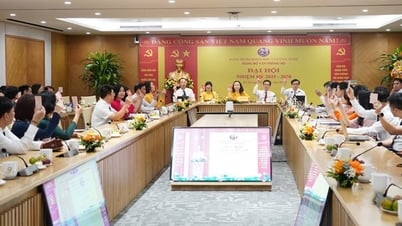
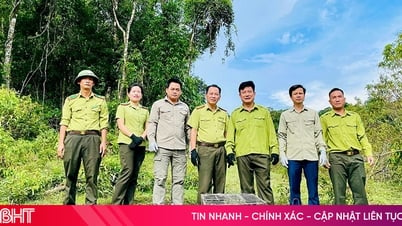



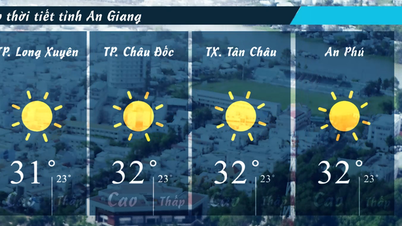





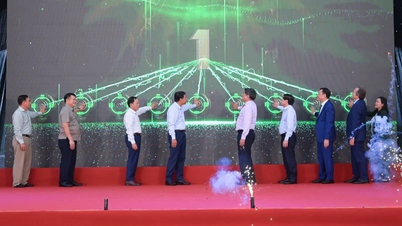










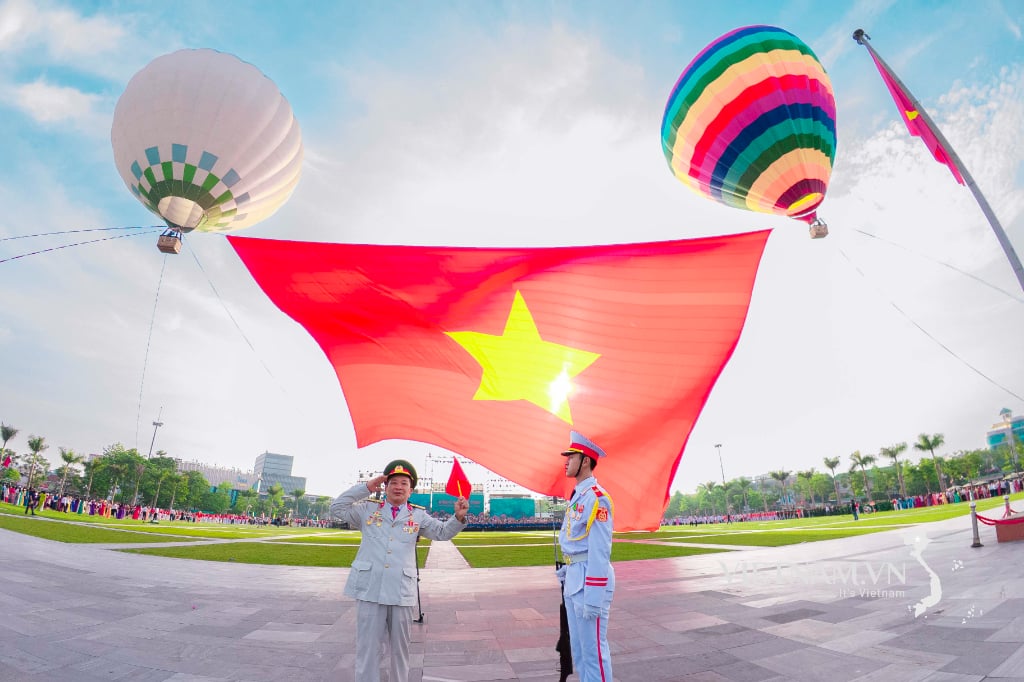
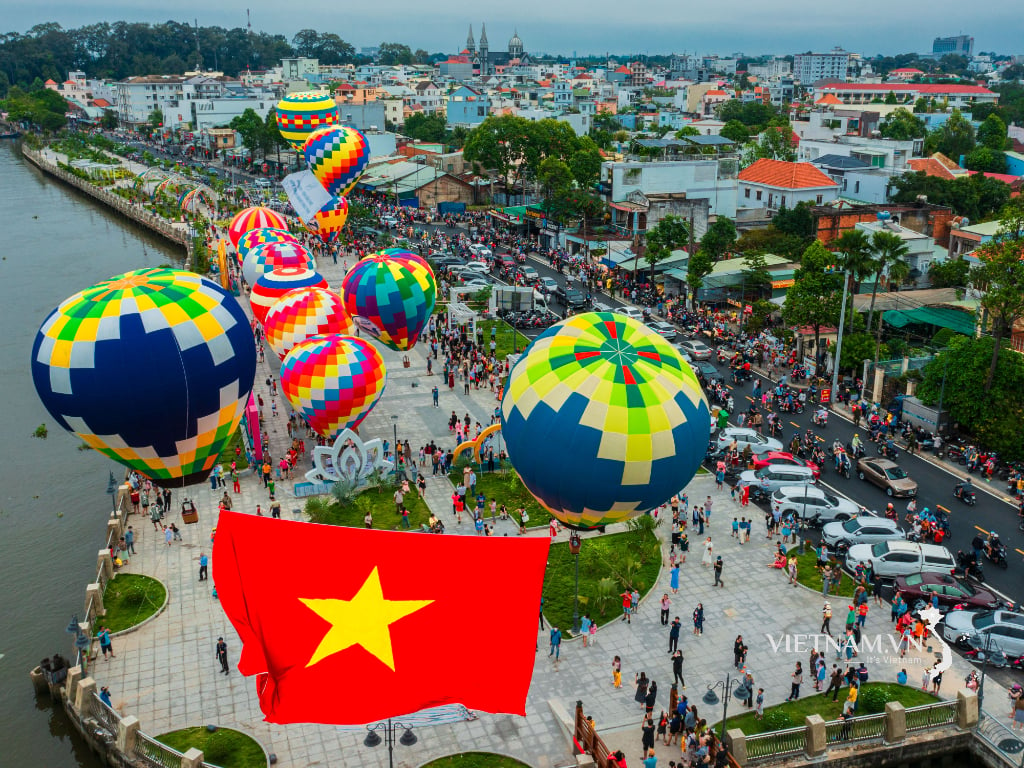


Comment (0)